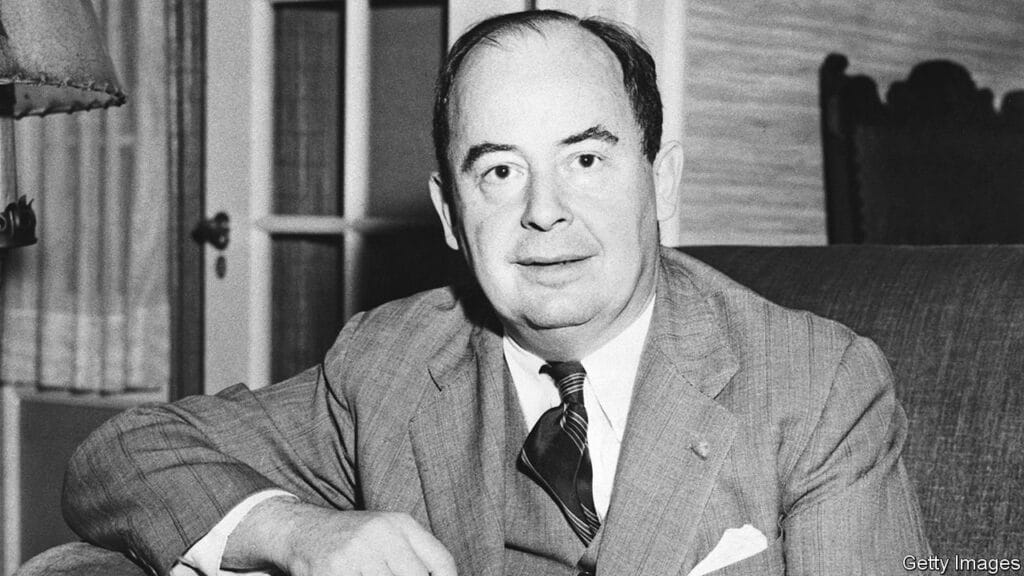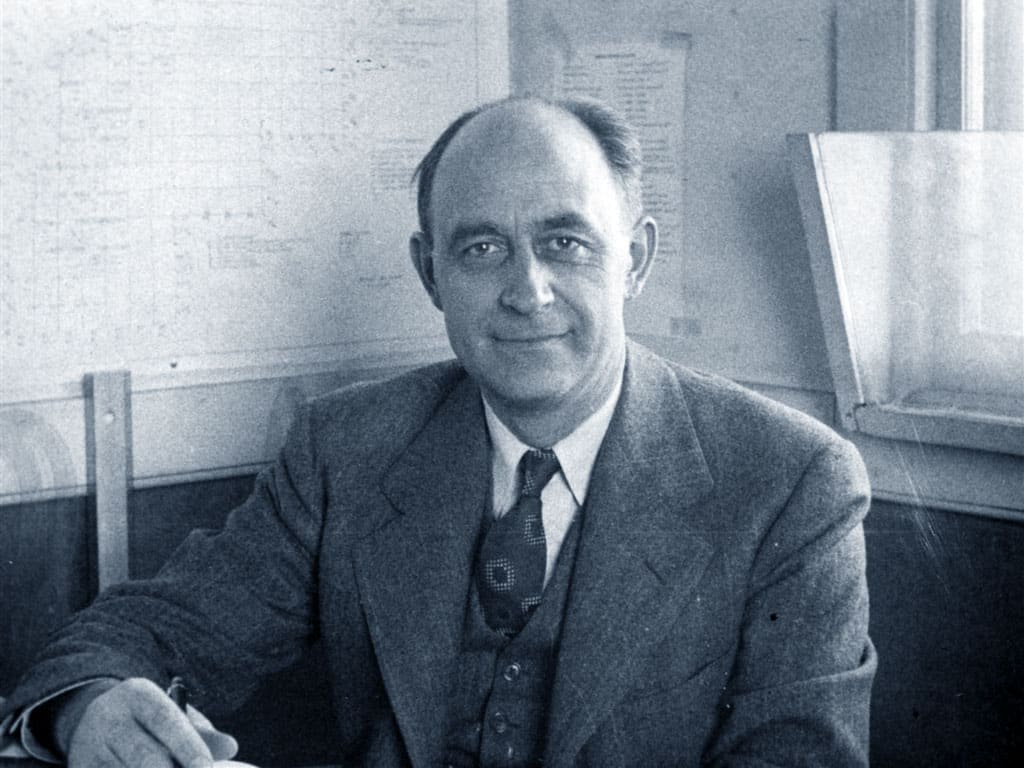Not all child prodigies confirm the premises once they become adults. Many of them lose interest in their field, or even drop out of school. Some, however, "become what they are" leaving an unmistakable mark on the future. Few, to be honest, but they change the course of history.
Here are four child prodigies who made headlines when they grew up from a young age. In all senses.
Blaise Pascal

Pascal, you know that, is my favorite. He was born in 1623 and grew up in Paris. His father, a mathematician, gave him lessons at home because he was a sickly child. Not mathematics, though: surprisingly, Pascal Senior wanted humanistic studies for little Blaise. A disastrously failed plan.
Despite his father, in fact, Pascal became so passionate about scientific subjects that he practically reinvented geometry: it was at that point that the redeemed parent gave his son a copy of Euclid's Elements to give him the final push.
And this time it worked: as an adult, Blaise Pascal contributed to important jobs in the fields of physicsand mathematics and philosophy. Oh, I forgot: he also invented the roulette wheel.
John von Neumann

Born in 1903 in Budapest, von Neumann as a child had impressive abilities: he learned languages very quickly and was gifted with an amazing memory.
Like all child prodigies, among his innocent "childish games" Little John loved to show off his intelligence by making jokes in classical Greek or reciting entire pages of the telephone book from memory, including numbers and addresses.
At 27, von Neumann emigrated to the United States. There he helped develop the first computers, he pioneered of game theory and contributed to areas such as the quantum physics, Mathematical logic , statistics. He could have stopped there, but he also worked on Manhattan Project, developing the first nuclear weapons: the future changes even for the worse.
Enrico Fermi

Fermi was also one of the child prodigies who ended up contributing to the beginning of the nuclear age. In his case, perhaps, something more: the little Roman born in the Italian capital in 1901 is often defined as the "father of the nuclear age". His work actually led to the discovery of nuclear fission: a "Big Bang" which was followed by many others.
What made the adult Enrico Fermi special was his incredible versatility: one of the few scientists who was both theoretical and experimental. In 1938 he received the Nobel Prize for discovering that most elements become radioactive when bombarded with neutrons. Four years later, he directed the first nuclear chain reaction in an underground squash court at the University of Chicago.
Fermi made important discoveries in nuclear physics, of course, but also in geophysics and astrophysics. It is said that on his deathbed he was able to "eyeball" his IV drip to calculate the amount of fluid he was taking.
Anne-Marie Imafidon

Imafidon was born in London in 1990 to Nigerian immigrant parents. At just 11 years old she passed her A level in IT; At 20 she obtained a master's degree in mathematics and computer science from Oxford University. Child prodigies are not uncommon, but Anne-Marie was exceptional in her skills in mathematics, computer science and languages (she speaks six).
Today, as a 32-year-old adult she has already worked in the technology sector at companies such as Hewlett Packard and Deutsche Bank. “I didn't realize that in 70% of my A-level maths exams I was the only girl,” he told The Evening Standard in a 2019 interview.
Well, it was. She was the only one. And for this reason today much of her energy goes into encouraging diversity in science and in tech.


